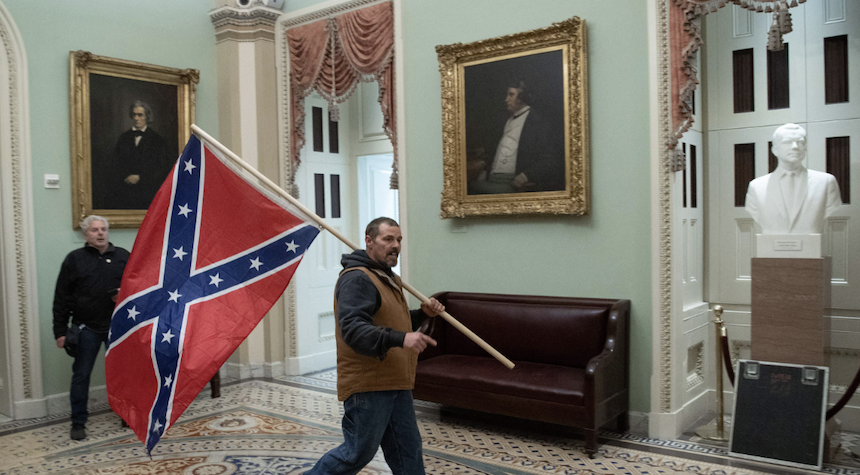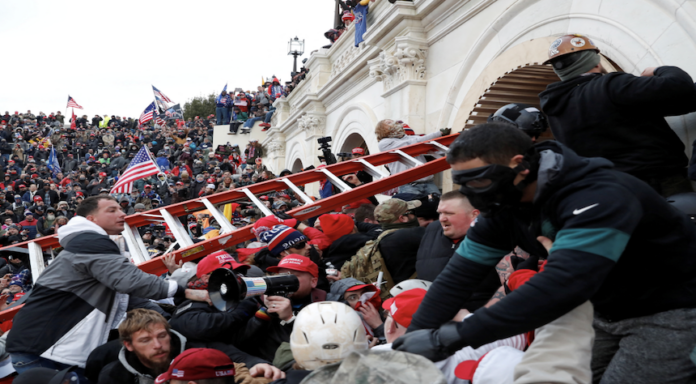The Supreme Court handed multiple defendants a significant victory in one of the most anticipated decisions this term. This decision relates to the January 6th. In a 6-3 ruling delivered by Chief Justice John Roberts, the Court stated that: “To establish a violation under SS1512 (c)(2) the Government must prove that the defendant impaired or attempted to impair the availability or integrity of records, objects, documents or other things that were used in an Official Proceeding or that they had been used in one.”
This ruling reversed the D.C. Circuit had adopted a more expansive reading of the law to allow charges to be brought against Joseph Fischer. The case is now being sent back to D.C. The case will now return to the D.C.
In this case, the question was whether 18 U.S.C. SS 1512 (c), which prohibits acts that are not related to congressional investigations or inquiries, like, for example, certification of an electoral result, is included in the prohibition.
The case was well presented in the morning of the April court hearing:
The case revolves around defendant Joseph Fischer’s defense of the Justice Department’s charge that he “corruptly influenced or obstructed” a congressional hearing on January 6. Fischer’s lawyers argue that the 2002 statute, which was passed by Congress primarily to punish financial crimes, does not apply to Fischer’s actions during the Capitol incident. The government argues Fischer’s actions prevented Congress from performing its Electoral Count Act obligations.

The justices are asked to decide whether the Sarbanes-Oxley Act enacted after the collapse of Enron covers Fischer’s conduct as a former officer of police. Accounting fraud and document destruction sparked the 2002 legislation. The provision is broad, and the debate centers on whether or not it should be interpreted broadly or more narrowly.
The law is divided into two parts, and Fischer’s lawyers claim that the first section must guide the second, which means that in their opinion, the alleged obstruction should be connected to the destruction of records or evidence.
The first part criminalizes corruptly altering or destroying records to frustrate an official proceeding. The second part, where Fischer is concerned, made it illegal to corruptly obstruct or influence any official proceedings.
The bigger picture:
According to the U.S. Attorney’s Office in Washington, the impending SCOTUS decision could affect hundreds of people facing this charge. This charge carries a maximum penalty of 20 years. This law is cited in two federal charges filed against Trump for his election interference case. More than 350 people who were involved in the events that took place on Jan. 6, at the Capitol, have been charged under this law. Trump will almost certainly argue that the statute doesn’t apply to him if the Supreme Court agrees with Fischer.
This decision will have far-reaching implications. We will continue to report and analyze.










